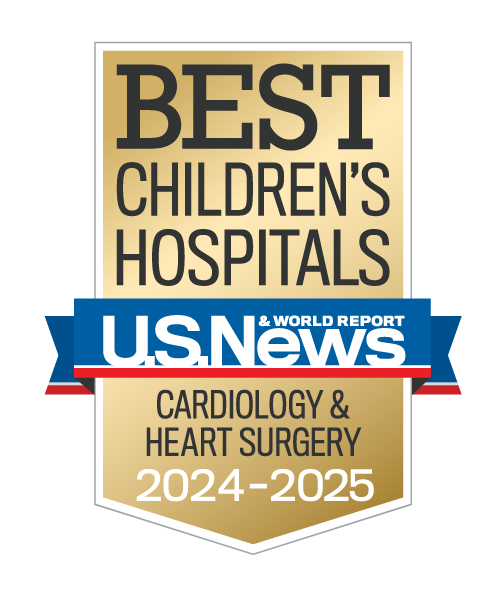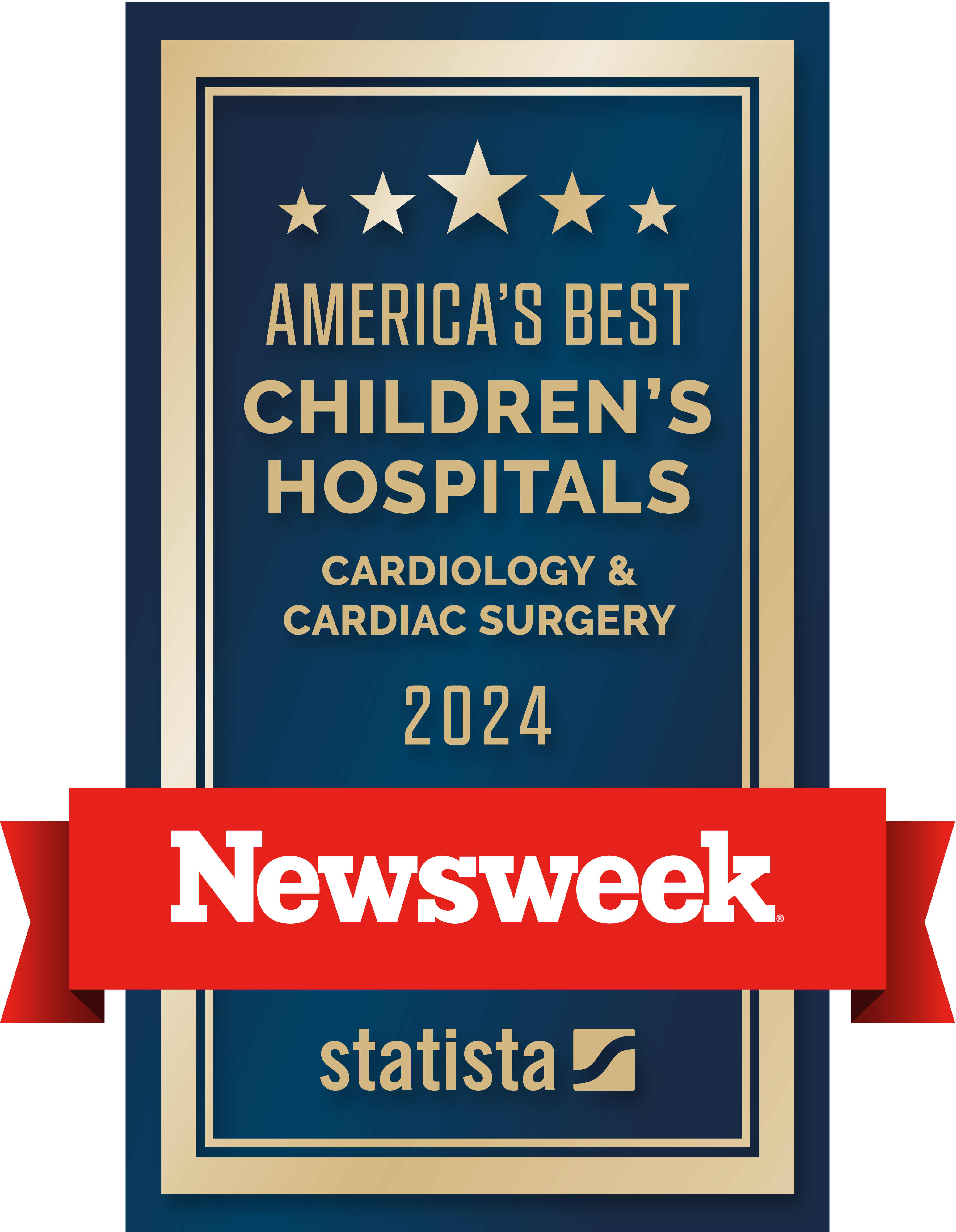The Boston Children's Benderson Family Heart Center is dedicated to achieving the best possible outcomes for every patient — and providing long-term support for every family. Our team treats the full spectrum of heart disorders, including the rarest and most complex congenital heart defects.
Our patients range from babies still in the womb to adults. They come to Boston Children’s from every part of the U.S., and from all over the world, for care that combines:
- the most advanced medical and surgical treatments
- groundbreaking innovations and discoveries
- partnerships with each family's local doctors and care providers

Why choose the Boston Children’s Benderson Family Heart Center?
With a team of more than 500 individual experts, including 12 cardiac surgeons and more than 80 cardiologists, the Boston Children’s Benderson Family Heart Center is the largest pediatric heart program in the country. We offer nearly 30 sub-specialty programs, encompassing all types of congenital heart disease. Some of our programs are so specialized they are not offered anywhere else. Each year, we see more children with rare diseases and genetic syndromes than any other institution in the world.
We’re also home to the largest pediatric catheterization program in the country, performing more than 1,500 procedures every year. In many cases, we’re able to use interventional catheterization techniques in place of surgical procedures to treat conditions that would typically require open-heart surgery at other institutions.
This size allows us to offer customized care, in more specialties, for every patient.
- Our team members have extensive training not only in pediatric cardiology, but also in treating all types of congenital heart disease.
- Our experts have developed one of the nation's top programs for adults with congenital heart conditions.
- Our doctors and nurses are pioneers in life-saving fetal cardiac interventions.
- We serve as a resource for all patients with congenital heart defects.
Unrivaled outcomes
Despite treating the most serious congenital heart conditions, the Benderson Family Heart Center has some of the best success rates in the world, with surgical survival rates that approach 99 percent.
We’re always happy to speak with parents about our specific outcomes.
Our commitment to quality and safety
Our commitment to delivering exceptional care extends to quality and safety initiatives, too. Results of these initiatives include:
- a decrease in transplant cases because we have come up with new ways to treat conditions that used to require transplantation
- a better patient-to-nurse ratio because of our nursing staff’s elite level of experience
- reduced exposure to radiation for our patients during catheterization and arrhythmia ablation procedures
- a transfusion-free approach to surgery and intervention when possible
- fewer surgical procedures, because we use cardiac catheterization whenever possible
- a reduction in our patients’ average length of stay
- development of national standards for assessing quality and risk in the field, including the Risk Adjustment for Congenital Heart Surgery (RACHS), now in widespread use
Our innovative approach
Innovations play a critical role in our patient’s health, and our Benderson Family Heart Center team is constantly creating new ways to improve care. For decades, our team of cardiac experts has played a vital role in the field of heart research, pioneering treatment approaches and major advances in the care and treatment of children with heart defects.
Boston Children's is one of the top pediatric research centers in the world. The Benderson Family Heart Center has a track record of innovation and capabilities you may not find elsewhere. Our cardiologists and cardiac surgeons have led the way in developing groundbreaking surgical innovations, pushing boundaries and correcting ever more complex abnormalities.
Clinical innovations include:
- 3D printing of the heart
- mitochondrial transplantation to boost failing hearts
- performing pulmonary valve replacements (PVRs) in the catheterization lab
- using a transcatheter approach to close the patent ductus arteriosus (PDA) in premature babies


